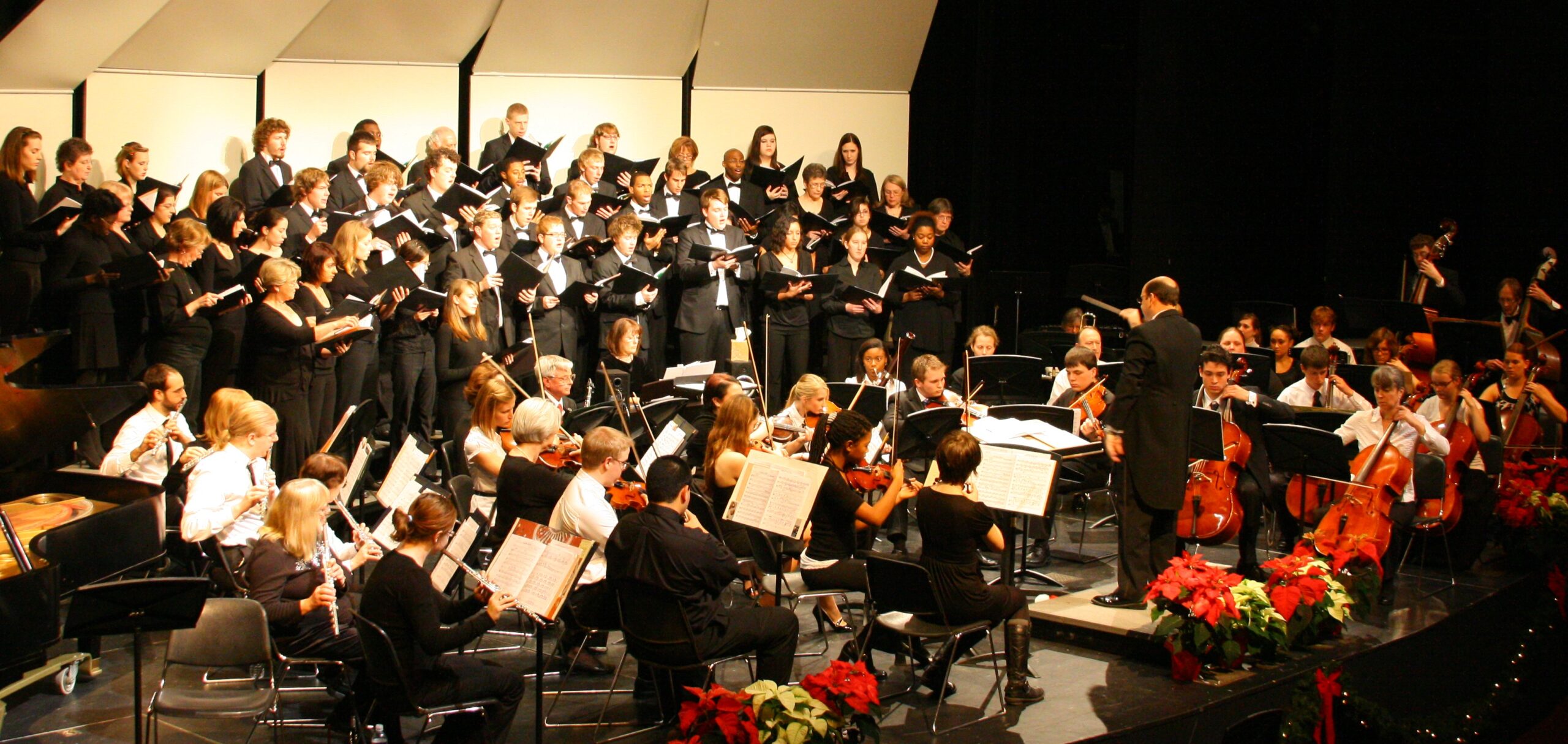Statewide “Math Pathways” offers students more choices in place of college algebra credit
Stephen Buechter
Staff Writer
There’s good news for those trying to avoid algebra: as of Fall 2018, STLCC will be adding more options for students in need of a mathematics requirement. Math Pathways, a statewide program, will allow students to take other classes, which are more tailored toward specific majors and areas of study, in place of the college
allow students to take other classes, which are more tailored toward specific majors and areas of study, in place of the college
algebra credit.
“What the state wanted schools to do…is to offer alternatives to college algebra that are more appropriate to some kinds of majors,” said Professor Julie Tucker, Department Chair of Mathematics.
According to Tucker, the program was created in part to help solve the issue of math courses causing many students who tested into the developmental levels of the subject to be unable to meet
degree requirements.
“It’s about 60 percent of students that pass each of those developmental classes,” said Tucker. “By the time a student actually has passed their college level math class, it’s a very small percentage of students who can actually graduate if they come in taking developmental level math.”
Dean Janet Walsh said that the new options for college-level math courses include Math 160, which is currently called college algebra but will be renamed to pre-calculus, Math 180, which is statistics, and Math 161,
quantitative reasoning.
“[The 160 class] is for students who are interested in science and technology, engineering, math, business, those kinds of programs,” said Walsh. “[Math 180] is for students who are interested in the social sciences, health sciences, and criminal justice… [Math 161] is for students who are interested in liberal arts, fine arts, humanities.”
According to Walsh, all three of the college-level classes meet the standards for Core 42, a program allowing students to graduate with an associate’s degree in general transfer studies in fewer hours. Any classes taken through the Core 42 program on an STLCC campus will transfer to any public four-year institution in the state of Missouri, said Walsh. However, students are still heavily encouraged to contact the college they wish to transfer into to ensure that they are taking the proper course for their area of study.
There will also be new developmental courses to help ensure that students are able to graduate in their first semester at the college, said Tucker. Math 50, a developmental course, is “something new for math” and can be taken as a requisite with the college math courses.
Walsh is excited to see the effects of
the program.
“It’s really going to help a lot of our students be able to take a math class that’s more geared to their field of study and hopefully improve the number of students that complete the sequence faster, with good grades, and on time,” said Walsh.











